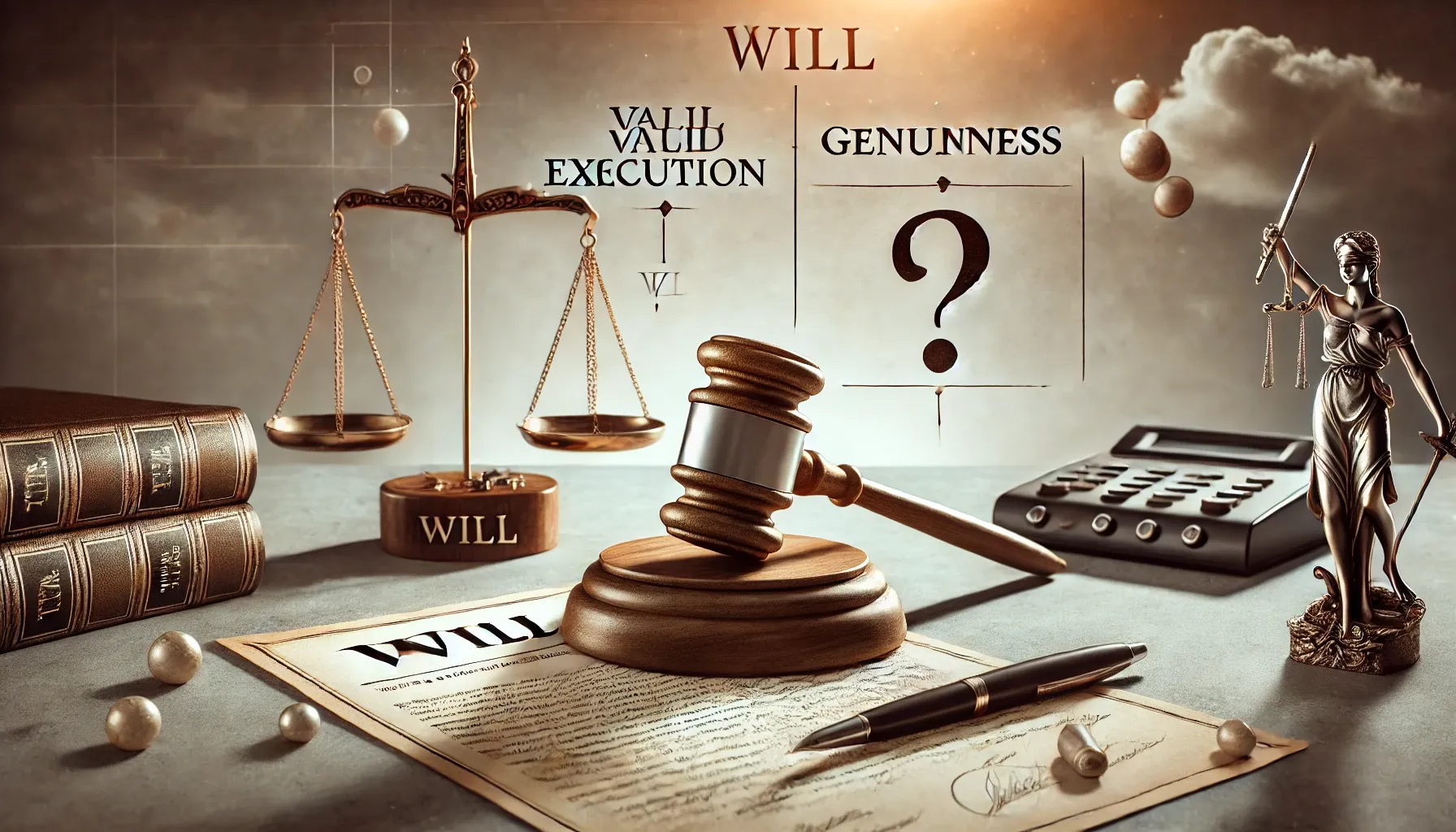The Supreme Court clarified that proving the valid execution of a Will does not automatically establish its genuineness. It emphasized that Courts must ensure all suspicious circumstances are adequately explained by the propounder before acting on the Will.

On January 3, 2025, the Supreme Court of India issued a significant ruling addressing the distinction between the valid execution of a Will and its genuineness. The Court observed that proving the execution of a Will as per Section 63 of the Indian Succession Act, 1925, and Section 68 of the Indian Evidence Act, 1872, does not automatically establish its genuineness. This decision arose in the case of Lilian Coelho & Ors. v. Myra Philomena Coalho (Civil Appeal No. 7198 of 2009).
Case Background
- Myra Philomena Coalho (plaintiff) filed a petition seeking Letters of Administration (LOA) for the Will of her deceased mother, Mrs. Maria Francisca Coelho.
- The Single Judge Bench of the Bombay High Court held that the Will was validly executed but dismissed the suit, citing suspicious circumstances surrounding the Will.
- The Division Bench overturned the Single Judge's findings, stating that the Will was validly executed and genuine. The case was decreed in favor of the plaintiff.
Appeal to the Supreme Court
- The matter was taken to the Supreme Court, where a Bench comprising Justices C.T. Ravikumar and Sudhanshu Dhulia clarified critical legal principles regarding Wills.
Supreme Court’s Key Observations
Validity vs. Genuineness of Wills
- The Court emphasized that the valid execution of a Will and its genuineness are distinct concepts.
- It noted: “Holding that a ‘Will is validly executed’ and a ‘Will is genuine’ cannot be said to be the same. Even if execution is established, the Court must evaluate any suspicious circumstances.”
Suspicious Circumstances and the Propounder’s Role
- The Court reiterated its duty to call upon the propounder to address and clarify any suspicious circumstances.
- It cited earlier rulings, including Derek A.C. Lobo v. Ulric M.A. Lobo (2023) and Kavita Kanwar v. Pamela Mehta & Ors., to affirm:
- “It is the irrecusable duty of the Court to require the propounder to remove such suspicious circumstances to satisfy its conscience.”
Division Bench’s Error
- The Court criticized the Division Bench for presuming the genuineness of the Will without evaluating the suspicious circumstances raised by the Single Judge.
- It observed: “The Division Bench’s decision overlooked the fact that the findings of the Single Judge did not pertain to the genuineness of the Will but only its execution.”
Supreme Court’s Decision
Rejection of Division Bench’s Findings
- The Supreme Court rejected the Division Bench’s conclusion that the Will was genuine and upheld the Single Judge’s reasoned approach.
- It stated: “The reasoned decision of the Single Bench cannot be interfered with. However, parties are at liberty to argue the matter on merits before the Division Bench.”
Clarifications on Legal Principles
- The Court highlighted that the absence of a finding on genuineness in the Division Bench's ruling rendered it untenable.
- It clarified that even a validly executed Will can be rejected if the propounder fails to explain suspicious circumstances satisfactorily.
Case: Lilian Coelho & Ors. V. Myra Philomena Coalho., Civil Appeal No. 7198 of 2009





